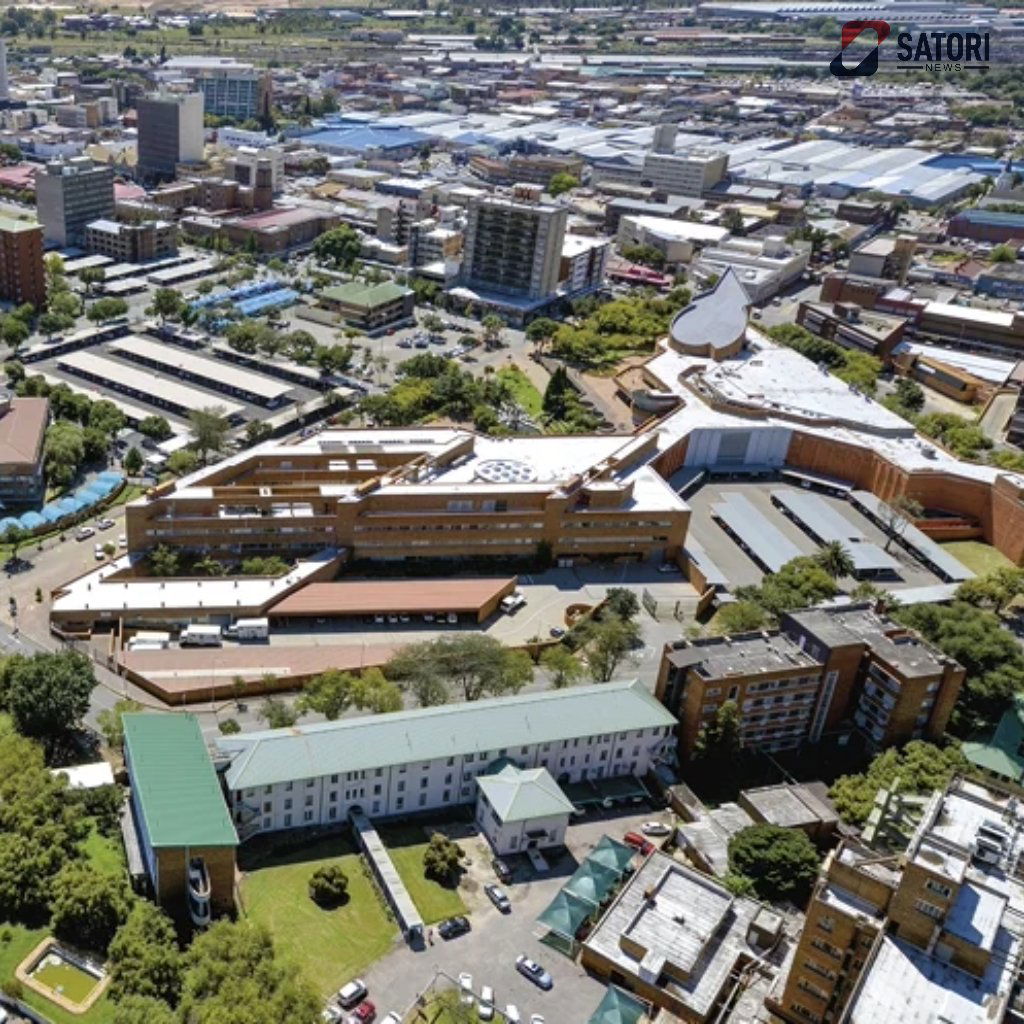Picture: for illustration purposes
Covid-19 Pandemic Highlights Sanitation Challenges in Ekurhuleni
Amid the Covid-19 pandemic, Ekurhuleni city, under the administration of Mayor Mzwandile Masina, has come under scrutiny for bulk-purchasing a currently unproven vaccine, Interferon-alfa-2B, while not addressing the dire sanitation conditions in its informal settlements. The World Health Organisation has included Interferon in a global trial for emerging pandemic solutions, but its effectiveness is yet undetermined.
The funds used to acquire the ‘vaccine’ from a Cuban-Chinese joint venture, ChangHeber, could alternatively have been utilized for preventative measures, such as the provision of masks, hand sanitizers, and bleach to informal settlement dwellers.
In the poorly serviced Langaville Extension 8, near Tsakane, to the east of Johannesburg, residents queue for sparse communal supplies. Each tap services three streets, and an average of five families share a weekly-cleansed mobile chemical toilet.
Limitations imposed due to the on-going national lockdown have increased the concern of residents over spreading of the virus. The mayor's recent address regarding plans to minimize Covid-19 spread failed to assuage resident's worries, as the mobile chemical toilet issue was merely mentioned in passing.
Despite the city investing over R1 billion in portable toilets, sustainable sanitation solutions for these informal settlements are yet to be determined. The city of Ekurhuleni has promised the delivery of more than 39,000 mobile toilets across such areas since 2016, but the existing 16 contracted suppliers left many beneficiaries with used and broken sanitation equipment. Despite these shortcomings, a new 3-year tender for mobile toilets was issued last year.
As the Covid-19 pandemic continues to highlight sanitation inadequacies, it becomes increasingly crucial for the city's administration to address this basic need for its residents.










